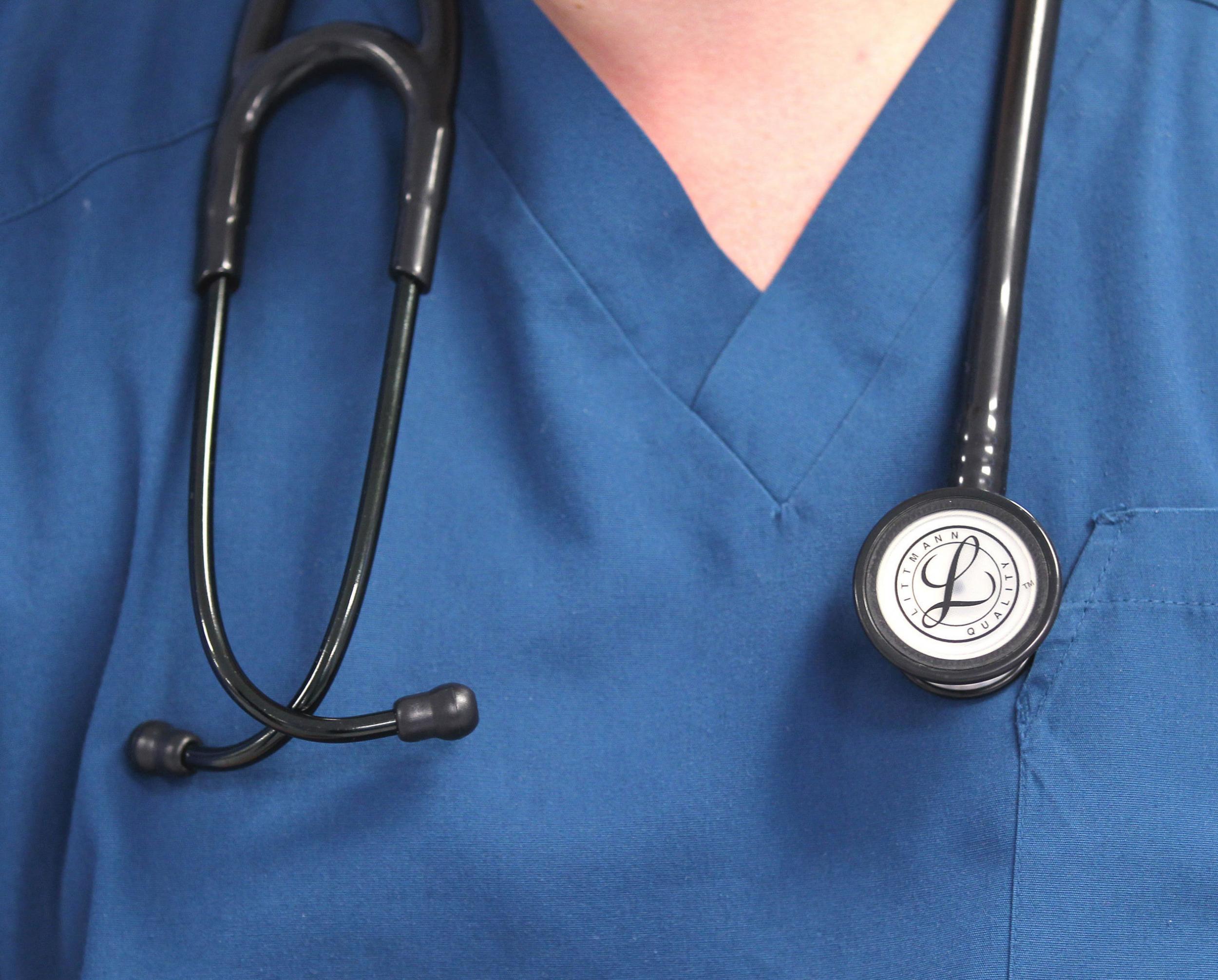NHS to overhaul doctors’ training with new ‘generalist schools’ from next summer
The bid to broaden medical training and reverse decades of specialisation has been a repeated aim of health leaders for the past five years

Your support helps us to tell the story
From reproductive rights to climate change to Big Tech, The Independent is on the ground when the story is developing. Whether it's investigating the financials of Elon Musk's pro-Trump PAC or producing our latest documentary, 'The A Word', which shines a light on the American women fighting for reproductive rights, we know how important it is to parse out the facts from the messaging.
At such a critical moment in US history, we need reporters on the ground. Your donation allows us to keep sending journalists to speak to both sides of the story.
The Independent is trusted by Americans across the entire political spectrum. And unlike many other quality news outlets, we choose not to lock Americans out of our reporting and analysis with paywalls. We believe quality journalism should be available to everyone, paid for by those who can afford it.
Your support makes all the difference.A new style of “generalist” training for doctors will be launched next year as part of a bid to overhaul the way clinicians work in the NHS.
Health chiefs believe doctors will need a broader range of skills to treat patients in the future with an ageing population meaning many patients will have a number of conditions at the same time. Patients will also want much more involvement in decisions about treatment.
Health Education England (HEE), which is responsible for £5bn of education and training for doctors, nurses, and other healthcare staff in the NHS, told The Independent it would launch new generalist training schools for junior doctors from next summer.
The bid to broaden medical training and reverse decades of specialisation has been a repeated aim of health leaders for the past five years with several major reports recommending changes to the way doctors train after they qualify from medical school.
Sheona MacLeod, HEE’s acting director of education, said the organisation was working to “establish the infrastructure for generalist schools” to support final-year medical students and junior doctors in their first five years of postgraduate training.
She said these would aim to help doctors develop “key generalist skills, together with other health and care professionals, and to understand local service and population need”.
She added that during the next two years “HEE, with our system partners, will develop this generalist offer, which includes new educational resources across the common threads of generalist training”.
“These include managing people who are living with multiple long-term conditions, population health, delivering complex, comprehensive care, delivering care with new technology and professionalism including research, leadership and team working.
“We plan to have this generalist training in place by August 2021.”
In a new report, HEE outlines its vision for what a doctor’s role and skills may look like in 10 or 20 years. Key challenges include the changing nature of disease with people living longer and suffering a number of conditions – meaning doctors will need a wider range of medical knowledge and skills.
It said patients will expect more “shared decision-making” about treatment while doctors will need to work more in local communities and within broader teams of professionals such as nurses and non-medical staff who will be responsible for different aspects of patient care.
Doctors will have to have a wider understanding of their local communities and population health as well as being able to be leaders within local health services.
They will also need to be skilled in adopting new technology and advances in genetic medicine.
The Royal College of Physicians has backed the move towards generalist training for doctors but highlighted the widespread vacancies in the workforce which needed tackling.
Professor Andrew Goddard, president of the RCP, said: “Generalists are becoming increasingly important as we respond to an ageing population with multiple health conditions. One of the biggest barriers to getting more generalists is the lack of medical trainees – 45 per cent of consultant posts in medicine were unfilled last year due to lack of medical registrars completing training.
“There is a lot of work to do to increase the value and importance placed by the NHS on generalism in secondary care. This will take a significant culture shift but work is already under way.”
He said the new role of physician associate was a good example of generalism but he added that this required the government to bring forward legislation on the regulation of the new positions.
Danny Mortimer, chief executive of NHS Employers, which represents NHS trusts said: “We know that healthcare has always evolved, sometimes rapidly as witnessed in this recent pandemic. The next generation of medical professionals will need to be trained to adapt and meet the needs of the future, whatever they may turn out to be.
“It is right that there is emphasis on the role of the doctor as a local leader as part of the multi-professional team, firmly rooted in the community, with the breadth of skills to be able to respond flexibly to changes and future challenges in healthcare delivery.”
Join our commenting forum
Join thought-provoking conversations, follow other Independent readers and see their replies
Comments